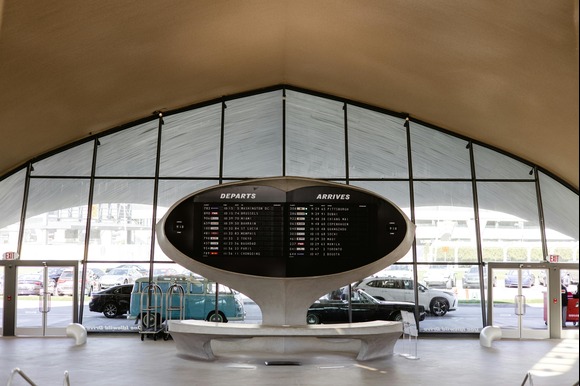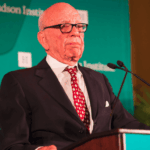A sustained wave of Ukrainian drone attacks over the weekend forced the temporary closure of Moscow’s major airports, leading to the cancellation of at least 140 flights, Russian authorities said.
Since Saturday morning, Russia’s defence ministry reported that it had intercepted more than 230 Ukrainian drones across various regions, including 27 over the capital itself. The barrage also affected the Kaluga region, southwest of Moscow, where Kaluga International Airport was forced to suspend operations. According to the ministry, an additional 45 drones were downed in that area alone.
Russia’s aviation regulator confirmed that the four major airports serving Moscow experienced significant disruptions, with more than 130 flights redirected during the drone attacks. Although normal operations have since resumed, the Association of Tour Operators of Russia (Ator) noted that airport closures occurred 10 times within a 24-hour period due to the sustained assault.
The defence ministry said drones were also intercepted over the Black Sea and in regions near the Ukrainian border, including Rostov and Bryansk. Fortunately, no casualties were reported from the drone strikes themselves.
This is not the first instance of Ukraine’s drone capabilities causing large-scale disruption in Russian airspace. In May, Kyiv reportedly launched over 500 drones in a single 24-hour window, leaving more than 60,000 passengers stranded at airports nationwide.
While Russia was reeling from the drone onslaught, Ukrainian regions came under renewed aerial assault by Russian forces. Regional officials in Ukraine said at least three people were killed in overnight air strikes. Two people reportedly died in Donetsk, while a 78-year-old woman lost her life in Sumy after residential buildings caught fire due to the strikes. Ukraine’s air force said it had shot down 18 out of 57 Russian drones overnight into Sunday, and an additional seven drones lost radar contact due to jamming technology.
In addition to Sumy and Donetsk, the front-line regions of Kharkiv, Dnipropetrovsk, and Zaporizhzhia also came under attack.
Amid the escalations, there were fresh signs of potential diplomatic movement. Kremlin spokesperson Dmitry Peskov reiterated that Russian President Vladimir Putin is open to a peace settlement, though he emphasized that Russia remains focused on achieving its strategic objectives.
“President Putin has repeatedly stated his desire to bring the Ukrainian conflict to a peaceful conclusion as soon as possible. However, this is a complex and demanding process,” Peskov said in a televised interview.
Ukraine’s President Volodymyr Zelensky responded with a renewed call for negotiations, suggesting the revival of talks that had stalled the previous month. He also expressed readiness to meet President Putin directly. “A meeting at the leadership level is needed to truly ensure peace,” Zelensky stated.
The war, which has entered its fourth year since Moscow launched its full-scale invasion, continues to draw global attention. This week, Ukraine received a significant show of support from former U.S. President Donald Trump, who announced plans to supply “top-of-the-line weapons” to Ukraine through NATO allies. He also warned Russia of steep tariffs should a peace agreement not be reached within 50 days, and voiced personal disappointment with President Putin, stating he was “not done” with him yet.
Responding to Trump’s remarks, Peskov said: “Everyone has grown accustomed to his rather harsh and straightforward rhetoric. At the same time, he reaffirms his intention to continue doing everything possible to facilitate a peaceful settlement.”
Despite the ongoing devastation and deep divisions, both sides appear to be signaling cautious interest in resuming peace efforts—though the path to lasting resolution remains uncertain.






